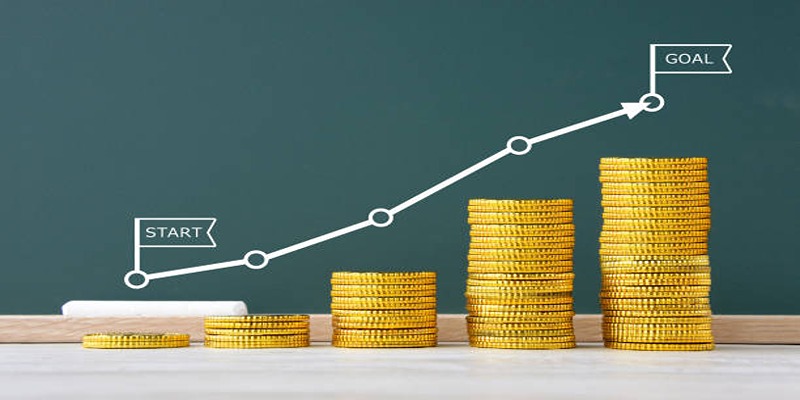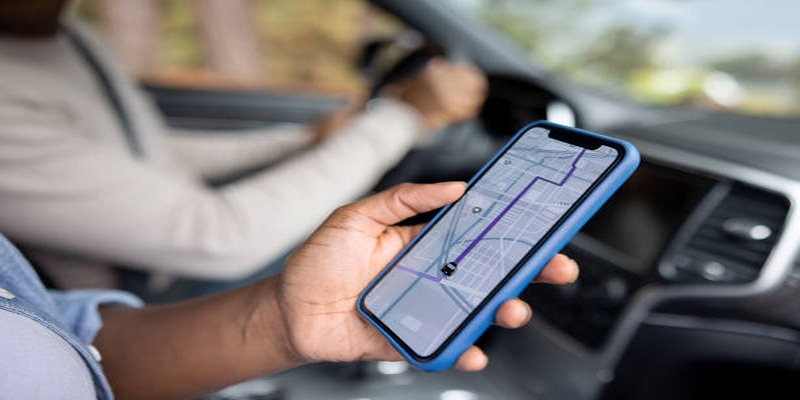Striking the right balance between paying off debt and saving money can feel like a tough decision. Both are important for building a strong financial future, but it might not always be clear which one to focus on first. Paying off debt reduces stress and saves on interest, while saving money helps prepare for emergencies and future goals. This guide will help you understand the key factors to consider, so you can make a smart choice based on your personal situation and financial priorities.
Understanding Your Debt

Before making any financial decisions, it’s essential to fully understand your debt. Begin by creating a detailed list of all your debts, including the balances, interest rates, and minimum monthly payments. This comprehensive overview will help you see the full scope of your financial situation and allow you to prioritize which debts to tackle first.
- High Interest Debts - These are commonly credit cards, or personal loans charged at high interest rates which compound if not paid. This should be paid first because if left unpaid for long they can easily drain all your income.
- Low Interest Debts - These include debts which attract small interest such as student loans or Home loans than credit cards. However, these should be paid off nevertheless it is wiser to save in the first place more only if the rate of interest is relatively lower than the expected amount of savings.
- Secured Debts - These are debts that are secured by collateral, such as a car loan or mortgage. It's important to continue making payments on these debts to avoid losing the collateral and damaging your credit score.
Benefits of Paying Off Debt First
- Reduced Stress and Financial Burden - Debt can be a significant source of stress, impacting both your mental and physical health. Prioritizing debt repayment allows you to eliminate a major financial burden, providing peace of mind and enhancing your overall well-being.
- Saves on Interest Payments - The longer you take to pay off debt, the more interest you'll end up paying over time. By focusing on paying off high-interest debts first, you can save hundreds or even thousands of dollars in interest payments.
- Improves Credit Score - Paying off debt can also improve your credit score as it shows lenders that you are responsible and able to manage your finances effectively. A good credit score is important for future loans, such as a mortgage or car loan, with lower interest rates.
Importance of Building Savings
While paying off debt is crucial, it's equally important to build up your savings. Having a safety net can protect you from unexpected expenses and allow you to achieve your long-term financial goals.
- Emergency Fund - It's recommended to have 3-6 months of living expenses saved in case of emergencies such as job loss or unexpected medical expenses. Without an emergency fund, you may be forced to go into more debt to cover these expenses.
- Future Goals - Whether it's buying a house, starting a family, or saving for retirement, having savings allows you to plan for the future and be financially prepared for whatever comes your way.
Factors to Consider when Choosing Between Paying Off Debt and Saving
- Interest Rates - It's important to prioritize high-interest debts as they can cost you more in the long run. However, if your debt has a low interest rate, it may make more sense to focus on building savings instead.
- Personal Circumstances - Your personal situation should also play a role in your decision. If you have a stable job with a steady income and minimal expenses, it may be easier for you to focus on paying off debt first. On the other hand, if you have dependents or unpredictable income, having savings as a safety net is crucial.
- Debt Repayment Plan - If you already have a plan in place to pay off your debt, such as a debt consolidation loan or balance transfer credit card, it may make more sense to continue with that plan before focusing on saving.
Striking the Right Balance Between Paying Off Debt and Saving
Ultimately, the best approach is to strike a balance between paying off debt and building savings. Consider creating a budget that allows for both debt payments and savings contributions. This way, you can work towards becoming debt-free while also preparing for the future.
- Consolidate Debts - Consolidating high-interest debts into one lower interest loan or credit card can help save on interest payments and make it easier to manage debt repayment.
- Increase Income - Consider ways to increase your income, such as a part-time job or freelance work, to put towards both paying off debt and saving.
- Find Ways to Save Money - Look for opportunities to cut expenses and save money. This could include reducing unnecessary spending or negotiating lower interest rates with creditors.
Remember, everyone's financial situation is unique and there is no one-size-fits-all solution. It's important to evaluate your own priorities and circumstances when making the decision between paying off debt and saving money.
How to Stay Motivated

Paying off debt and building savings can be a long process, but staying motivated is key. Here are some tips to help you stay on track:
- Set Achievable Goals - Set realistic goals for paying off debt and saving money. This will give you something tangible to work towards.
- Celebrate Small Victories - Each time you pay off a debt or reach a savings milestone, celebrate! This will help keep you motivated and encouraged.
- Track Your Progress - Use a budgeting app or spreadsheet to track your progress and see how far you've come.
- Find Support - Join an online community or find an accountability partner to share your journey with. Having a support system can make the process more enjoyable and motivating.
Conclusion
Achieving financial stability requires careful planning and intentional decision-making. By striking the right balance between paying off debt and building savings, you can create a solid foundation for long-term financial success. Implementing strategies such as consolidating debts, increasing your income, and finding ways to save will help you stay on track. Remember to regularly assess your progress and adjust your plan as needed, keeping your goals and priorities in mind.







